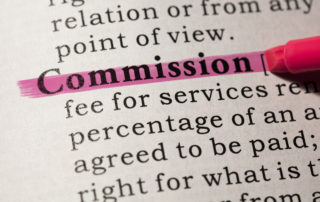The Specialist Agency: An Argument For and Against
Earlier this year I had the honor of serving as the morning keynote speaker for PRGN’s semi-annual member summit in Toronto. My topic was on the five indicators of new business success that I consistently see in the agencies I work with (and, likewise, the corresponding indicators of agencies that stay stuck in a feast-or-famine cycle). One of the indicators is a specialist mindset, as opposed to an “all things to all people” approach. This elicited a comment from one of the agency owners in the audience. They tried this specialist agency strategy at his agency and it didn’t work. It had the opposite effect; they couldn’t find enough new business opportunities to sustain the firm. What did I have to say to that? (Gulp) Before I tell you how I responded, let me explain that I’m not a specialist agency hardliner. In fact, this time last year, I wrote about this. To be sure, I see enormous benefits to specializing when it comes to new business. Pitching for new business is a big investment. The more specialized your pitch, the more efficient your investment. That’s because: Generalists seek out clients; specialists are more likely to be sought Generalists differentiate based on price; specialists can afford to charge a premium Generalists will always be tempted to reinvent themselves to suit the nature of the prospect; specialists find it easier to home in on a consistent message that’s effective for the right audience But I also don’t see it as a stark choice. In my piece, I referred to the proverb about the shoemaker’s children who wear no shoes. This is a favorite to describe agencies that can’t seem to take their own advice when it [...]











